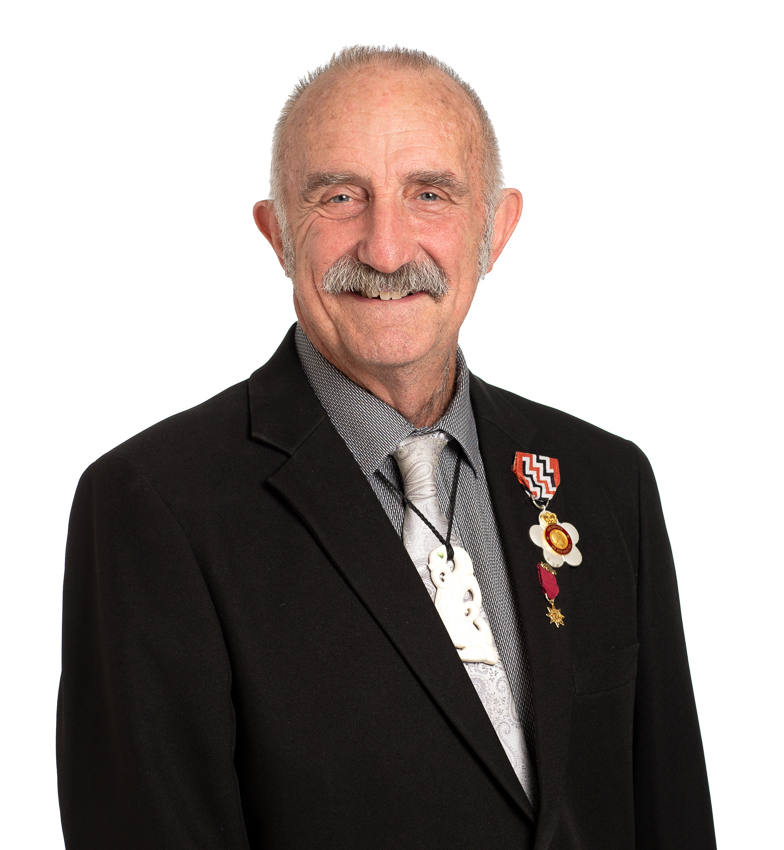A lot at stake in three waters reform
By Mayor John Carter
Anyone who has been following the Government’s Three Waters Reform Programme will have worked out that this represents the biggest change to local government in New Zealand since the amalgamation of councils in 1989. Currently, 67 councils own and operate most of the nation’s drinking water, wastewater and stormwater services. Providing these services has become a financial bu

Anyone who has been following the Government’s Three Waters Reform Programme will have worked out that this represents the biggest change to local government in New Zealand since the amalgamation of councils in 1989. Currently, 67 councils own and operate most of the nation’s drinking water, wastewater and stormwater services. Providing these services has become a financial burden for all councils and ratepayers.
We need to renew and upgrade ageing infrastructure. We also need to ensure that this infrastructure complies with safety and environmental standards and caters for growth. These alone are daunting challenges, but we must also reckon with the threats that climate change poses, including droughts, damaging storms and coastal inundation.
The Government believes these problems are best tackled by a national approach rather than community solutions. It proposes to restructure three waters services into a smaller number of governance and management entities. The exact size of these entities is still being worked through, but the most likely scenario proposes one three waters entity for Northland, Auckland, Waikato and Coromandel. The Government has also introduced a Water Services Bill which establishes the powers of the new water regulator Taumata Arowai.
The local government sector supports the intent of the Bill, having advocated for clear drinking water standards since 2015. However, we are concerned that the Bill forces councils to take over private water networks that fail to meet standards. The Bill defines a water network as any water supply that is not a single-dwelling supply, so the new standards will apply to marae and community facilities.
The Government announced a $30 million fund last year to help non-Council water supplies meet new water standards. However, it is estimated that up to one million New Zealanders are not on Council water supplies. In many cases, ratepayers will have to meet the costs of upgrading private supplies. The Far North District Council voted unanimously last August to join the initial phase of the reform programme in return for a share of $28 million for three waters infrastructure in Northland. This only committed us to share information about our infrastructure and to consider the creation of large-scale service delivery entities.
We have provided data about our three waters assets and last week we attended a regional workshop where we provided feedback that will shape the policy work that is underway. Cabinet will make key decisions on the reform programme in a few months before launching a public information campaign. Councils will decide whether to participate in further stages of the reform programme later this year. We will keep you informed as this work progresses.
In the meantime, I encourage you to find out more about the reform programme by going to the Department of Internal Affairs website. There will be winners and losers when the programme is finalised, so it is important that we are all aware of what is at stake.

